Time Travel, Teleportation & Science
Time travel is the concept of moving between different points in time in a manner analogous to moving between different points in space, generally using a theoretical invention, namely a time machine. It has a commonly recognized place in philosophy and fiction, but has a very limited application in real world physics, such as in quantum mechanics or wormholes.
Although the 1895 novel The Time Machine by H. G. Wells was instrumental in moving the concept of time travel to the forefront of the public imagination, The Clock That Went Backward by Edward Page Mitchell was published in 1881 and involves a clock that allowed three men to travel backwards in time.[1][2] Non-technological forms of time travel had appeared in a number of earlier stories such as Charles Dickens' A Christmas Carol. Historically, the concept dates back to the early mythologies of Hinduism (such as the Mahabharata), Buddhism, and Islam through ancient folk tales. More recently, with advancing technology and a greater scientific understanding of the universe, the plausibility of time travel has been explored in greater detail by science fiction writers, philosophers, and physicists.
Teleportation, or Teletransportation, is the theoretical transfer of matter or energy from one point to another without traversing the physical space between them. It has a commonly recognized place in science fiction literature, film, and television, but as yet has a very limited application in real world physics, such as quantum teleportation or the study of wormholes.
Science (from Latin scientia, meaning "knowledge") is a systematic enterprise that builds and organizes knowledge in the form of testable explanations and predictions about the universe. In an older and closely related meaning, "science" also refers to a body of knowledge itself, of the type that can be rationally explained and reliably applied. A practitioner of science is known as a scientist.
In modern usage, "science" most often refers to a way of pursuing knowledge, not only the knowledge itself. It is also often restricted to those branches of study that seek to explain the phenomena of the material universe.
Source : Wikipedia
-
06:13

The Legendary Arecibo Radiotelescope
Added 268 Views / 0 LikesAll telescopes work by gathering light from the stars, but one held the crown for square footage for collecting that light for 53 years. The amazing Arecibo.Hosted By: Reid ReimersSciShow is on TikTok! Check us out at https://www.tiktok.com/@scishow------
-
00:51
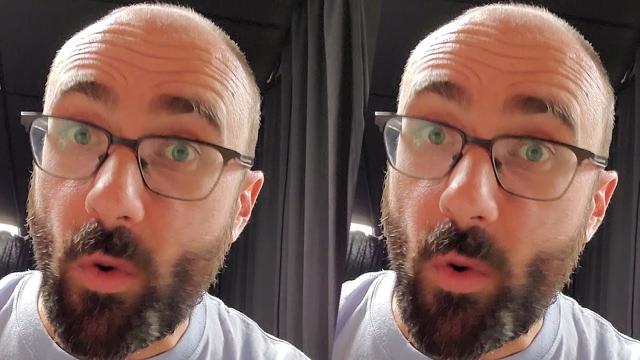
THANK YOU! #shorts
Added 259 Views / 0 Likesuse code BEST before Nov 8: https://www.curiositybox.comCheck out the Alzheimer's Association: https://www.alz.org/#shorts #jortssong: SHONA by Jake Chudnow
-
05:40
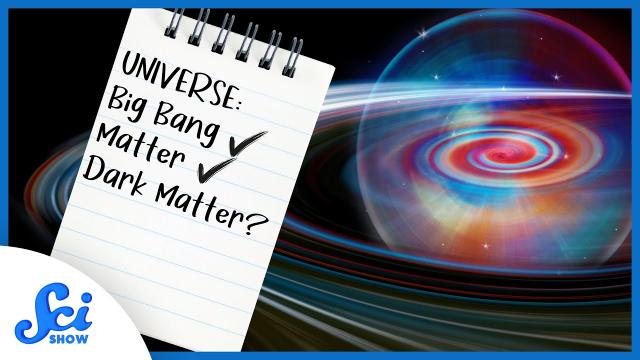
An Alternative to Dark Matter?
Added 302 Views / 0 LikesModels of the universe’s early days have only been possible with dark matter as a variable, but we still don’t have proof that dark matter exists. But recently, scientists may have found a way to replicate the results without the presence of the elusive m
-
05:25
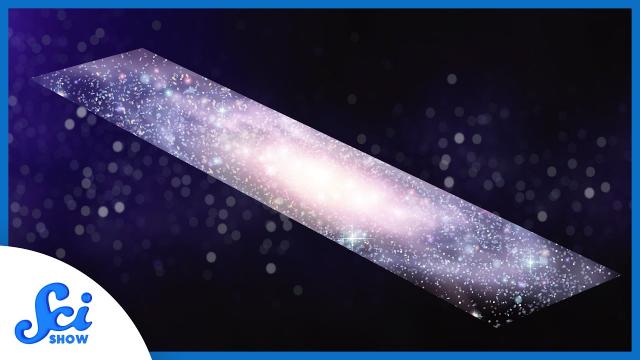
There’s a Rectangle Galaxy?
Added 259 Views / 0 LikesHead to https://cometeer.com/scishowspace to get $20 off your first purchase using my purchase link below. That’s 10 free capsules of coffee and always free shipping!You're probably used to real galaxies having curves, except not all of them seem to have
-
01:05

This is MIT
Added 170 Views / 0 LikesThe Massachusetts Institute of Technology is an independent, coeducational, privately endowed university in Cambridge, Massachusetts. Our mission is to advance knowledge; to educate students in science, engineering, technology, humanities and social scien
-
06:07
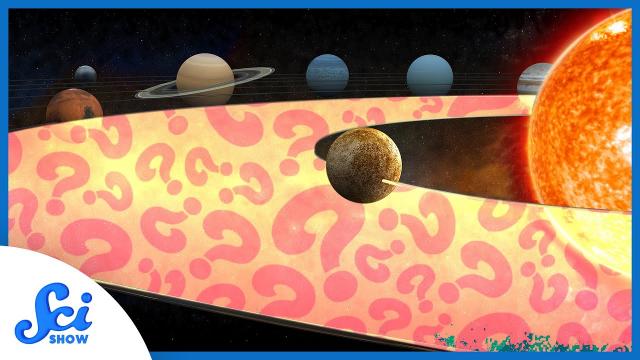
Mind the (Solar System's) Gap
Added 272 Views / 0 LikesThis episode is sponsored by Wren, a website where you calculate your carbon footprint. Sign up to make a monthly contribution to offset your carbon footprint or support rainforest protection projects: https://www.wren.co/start/scishowspaceGiant disks aro
-
02:20
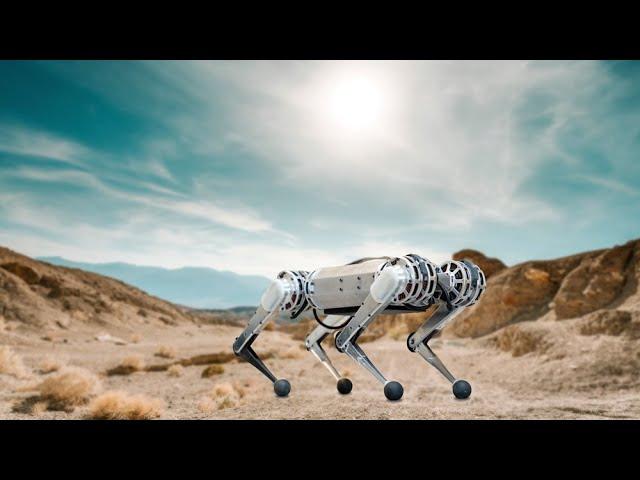
One giant leap for the mini cheetah
Added 247 Views / 0 LikesA new control system, designed by researchers in MIT's Improbable AI Lab and demonstrated using MIT’s robotic mini cheetah, enables four-legged robots to traverse across uneven terrain in real-time. (Learn more: http://news.mit.edu/2021/one-giant-leap-min
-
05:46
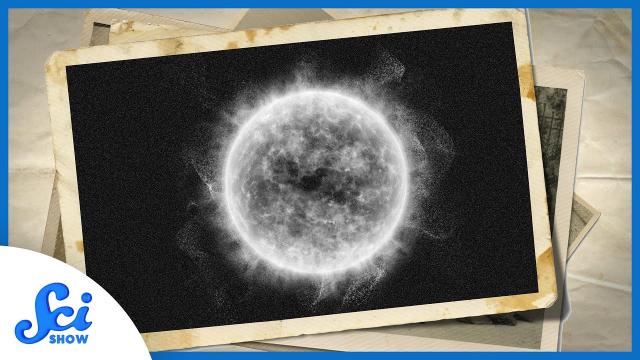
Our Past Written in the Stars
Added 191 Views / 0 LikesUnfortunately, time machines don't exist, but there are other ways to learn about our sun's past.Hosted By: Hank GreenSciShow is on TikTok! Check us out at https://www.tiktok.com/@scishow----------Support SciShow Space by becoming a patron on Patreon: htt
-
05:43
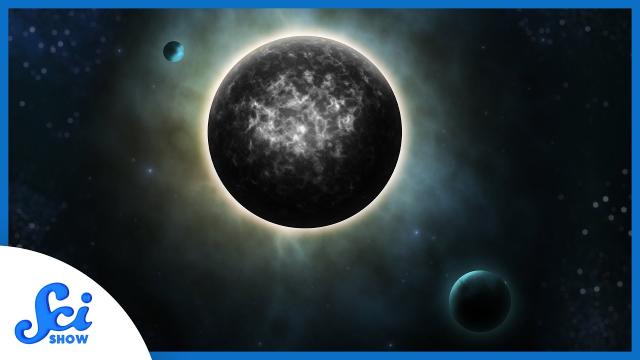
This Planet Survived the Death of its Star
Added 285 Views / 0 LikesWhen stars die, they tend to take everything around them with them. But new evidence appears to show a planet orbiting a white dwarf, and we’re not sure how it survived! Plus, experiments designed to detect dark matter might be capable of detecting dark e
-
03:19
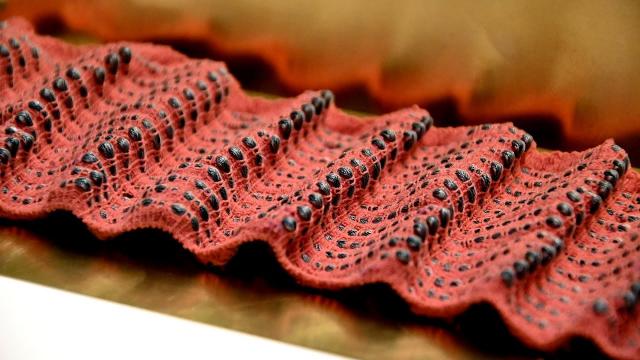
Robotic fibers can make breath-monitoring garments
Added 223 Views / 0 LikesA new kind of fiber developed by researchers at MIT and in Sweden can be made into cloth that senses how much it is being stretched or compressed, and then provides immediate tactile feedback in the form of pressure or vibration. Such fabrics, the team su
-
06:49

How Stars Freeze
Added 238 Views / 0 LikesStart learning a new language today with Babbel for less than $5 per month! Get up to 65% when you sign up here: https://go.babbel.com/12m65-youtube-scishowspace-oct-2021/defaultWhen you think of a frozen object in space, you might think of Pluto, but sta
-
01:00
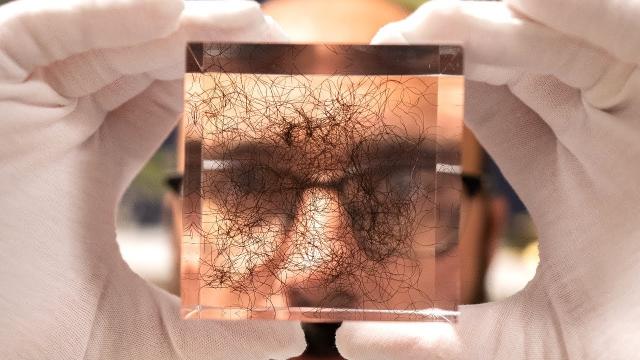
Beard Hairs for Charity!
Added 284 Views / 0 LikesENTER TO WIN HERE: https://www.curiositybox.com/pages/vsauce-beard-cube
-
45:43
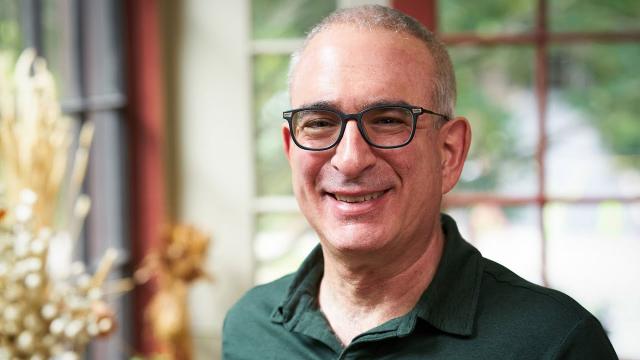
MIT economist Joshua Angrist shares Nobel Prize
Added 321 Views / 0 LikesJoshua Angrist, the Ford Professor of Economics and a member of MIT’s faculty since 1996, has won the 2021 Nobel Prize in economics for “methodological contributions to the analysis of causal relationships.” He shares the prize with David Card and Guido I
-
04:43

We Found a Planet That Orbits Three Stars..Maybe?
Added 230 Views / 0 LikesNew simulations of a triple-star system in the constellation Orion suggest that a planet might be orbiting three stars, which could drastically increase the amount of the solar systems we believe are out there forming planets! And the winds of Jupiter’s G
-
1:07:33
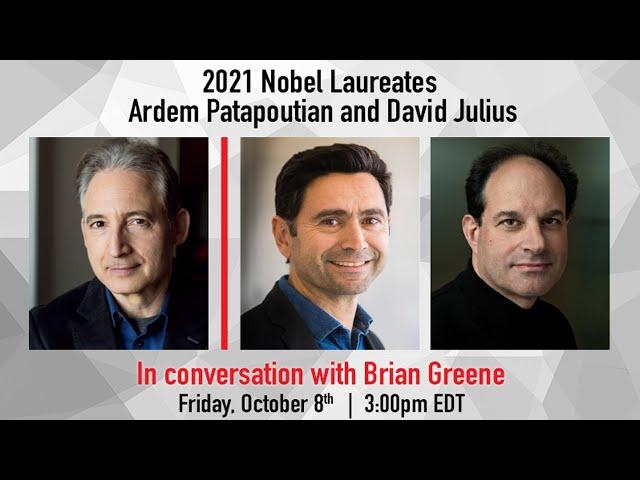
2021 Nobel Laureates Ardem Patapoutian and David Julius in conversation with Brian Greene.
Added 287 Views / 0 LikesJust announced winners of the 2021 Nobel Prize, David Julius and Ardem Patapoutian, discovered how the sensations of temperature and touch are encoded at a molecular level. Blending physics and chemistry, their work has profoundly advanced our understandi
-
05:14
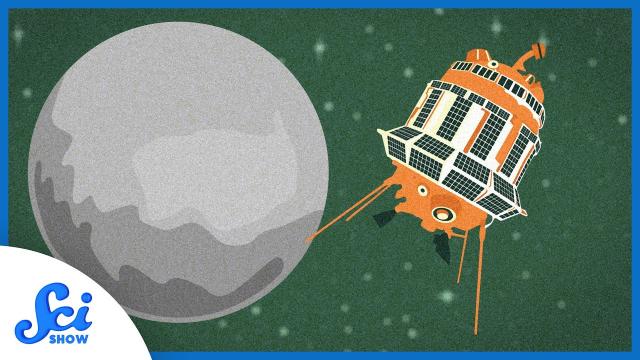
Our First Glimpse of the Dark Side of the Moon
Added 282 Views / 0 LikesThe dark side of the moon is full of mystery, and according to some, evil robots, but, in 1959 Luna 3 was able to shed some light on it for the first time.Hosted By: Reid ReimersSciShow is on TikTok! Check us out at https://www.tiktok.com/@scishow--------
-
06:43

Early Galaxies Ran on Empty Gas Tanks
Added 235 Views / 0 LikesThis video was sponsored by Surfshark. Get Surfshark VPN at https://surfshark.deals/scishowspace - Enter promo code scishowspace for 83% off and 3 extra months for free!Many galaxies formed fast after the Big Bang, but about half of them suddenly stopped
-
1:51:58
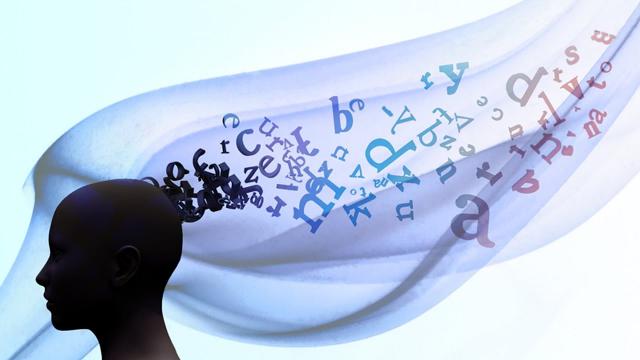
Mind Your Language: Thought, Metaphor and Imagination
Added 253 Views / 0 Likes#BrianGreene #NoamChomsky #StevenPinker #EvelinaFedorenko #DanielDorNoam Chomsky, Steven Pinker, Evelina Fedorenko, and Daniel Dor join Brian Greene to grapple with the foundations of language.Language ranks among the most powerful influences on human exi
-
06:19
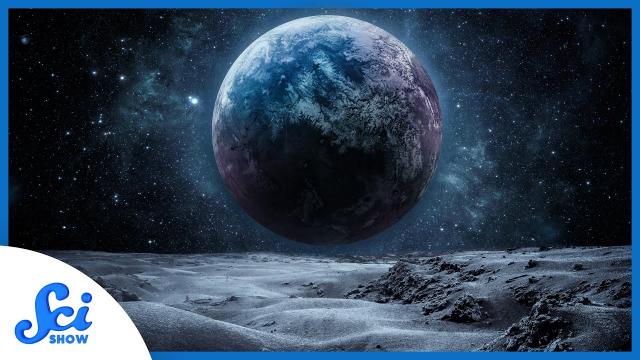
Creating a Template for Habitable Exoplanets
Added 316 Views / 0 LikesGo to http://curiositystream.com/scishowspace to start streaming Breakthrough. Use code SciShowSpace to sign up, just $14.99 for the whole YEAR.We've found thousands of exoplanets over the years, but if we're going to find one that can sustain life, we ne
-
04:58
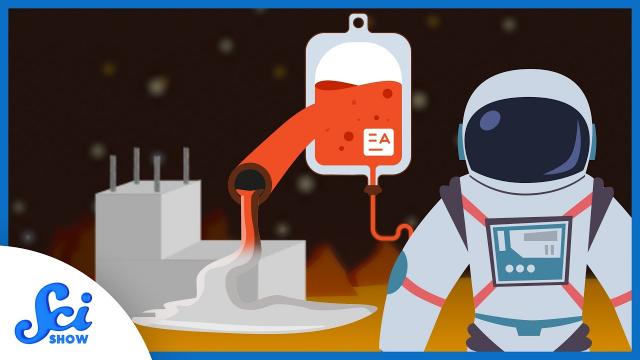
Can You Build Homes in Space With Blood?
Added 282 Views / 0 LikesIf we hope to someday live on other worlds we need to figure out where we’re gonna lay our heads at “night.” But who would have thought we could use our own bodies as ingredients for our homes?!Buy your pin before the end of September here: https://store.
